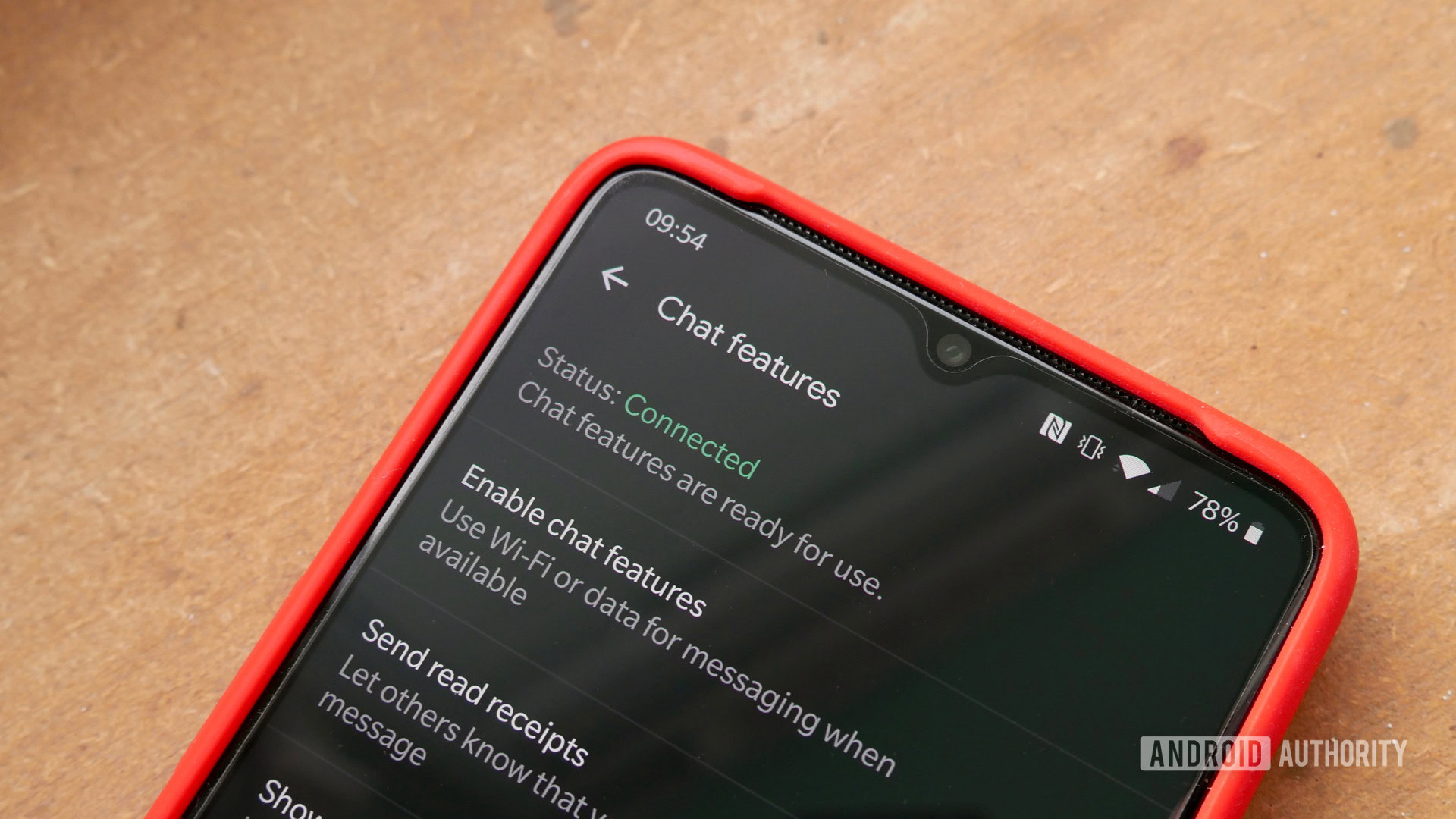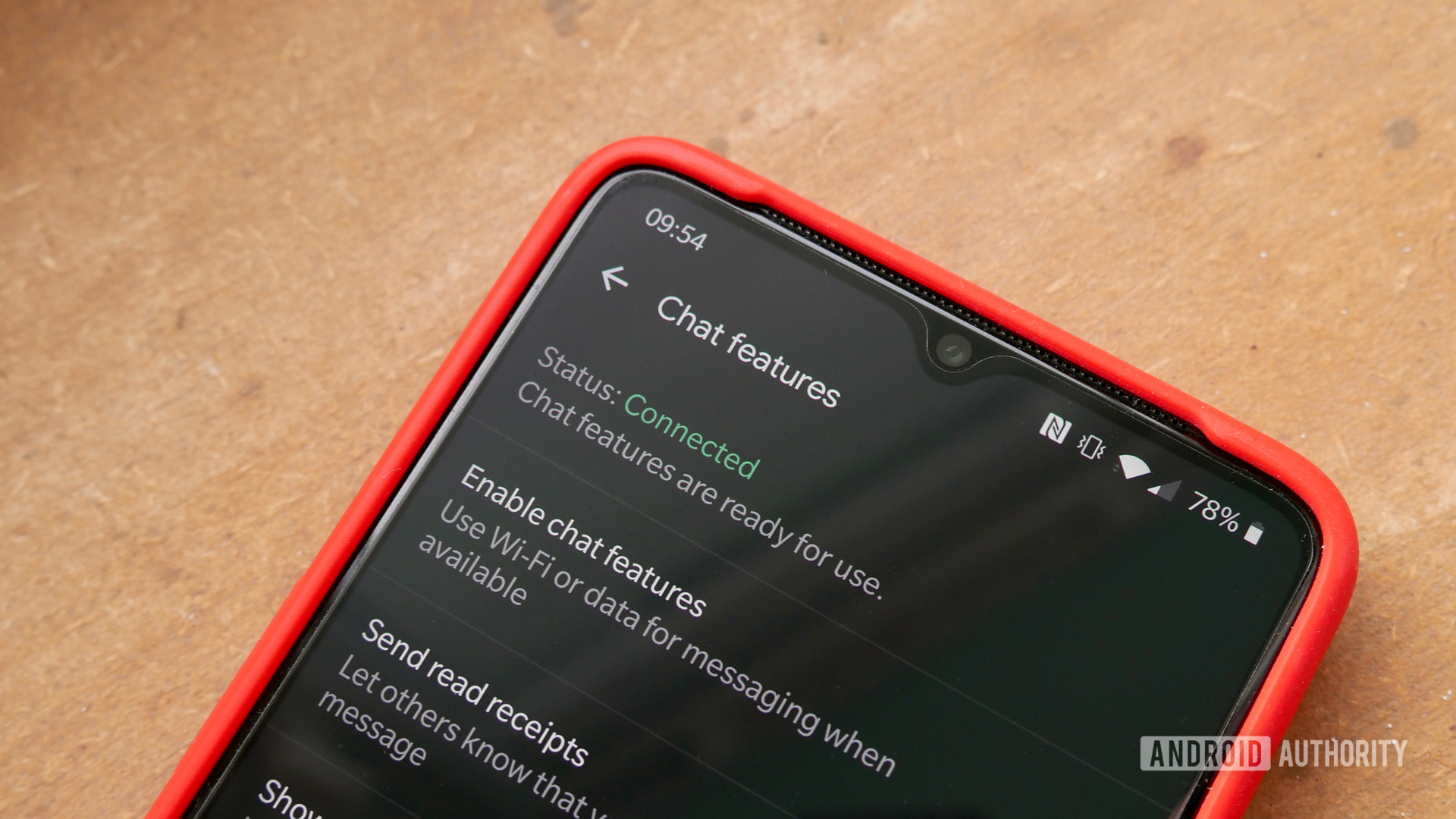
TL;DR
- Users who have rooted their phone, have their bootloader unlocked or are using some custom ROMs report that their RCS messages are not being sent, even though RCS shows them as connected.
- The Google Messages app does not show any error messages when blocking RCS messages of these users and does not send the messages out as SMS or MMS either.
- Google famously campaigned for Apple to include RCS messaging in iMessage but is now blocking it for certain Android users.
We’ve all seen Google wax poetically and relentlessly on how RCS messaging is the next best thing since sliced bread and how Apple should adopt the standard on its iPhones to bring a great messaging experience to all users. We agree with the sentiment, and even Apple has committed to including RCS in iMessage this year, likely with the impending iOS 18 update. But as much as Google wants others to use RCS, the company is blocking rooted Android phones and custom ROM users from using it on their devices.
Many users are complaining on Reddit (h/t Mishaal Rahman) that Google is quietly blocking RCS messages on rooted devices and custom ROMs. More specifically, it appears that Google has begun implementing Play Integrity API attestation checks (popularly known as “SafetyNet checks,” inspired by the predecessor SafetyNet API) on the Google Messages app.
Heads up: Users are reporting that the Google Messages app won’t let them send or receive RCS messages if the OS is rooted or hasn’t passed GMS certification (like most custom ROMs).
The Play Integrity API and the predecessor SafetyNet API are both anti-abuse APIs that check for the integrity of the Android device. If an Android device is tampered with in any way, such as having its bootloader unlocked for installing a custom ROM or is rooted, these APIs throw up an error. Apps that check for this error can recognize that the device is not in stock condition and can react accordingly, often refusing to work.
The most logical intended usage for this is for high-security requirement apps, such as banking apps. Still, there has been a growing trend of relatively low-security requirement apps also using these checks. This leads to locking out rooted phones and phones with custom ROMs on vague grounds.
With Google Messages, Google isn’t even throwing up any error that the user is locked out of RCS. In the video above, RCS appears enabled (as seen in the chat text box), but messages being sent simply disappear into thin air. The messages are not going through as SMS/MMS fallback either unless you switch off RCS features.
You might blame your phone or carrier for this behavior, not realizing that Google is blocking RCS from working on your phone without clearly explaining its reasons. Users have had to investigate the issue independently to find out about SafetyNet checks on the Google Messages app.
Google mentions to 9to5Google that some of those phones are prevented from using RCS, citing the need to prevent spam and abuse by making sure devices abide by the RCS standard’s “operating measures.”
SMS and MMS continue working on rooted phones with unlocked bootloaders. But they also do on iPhones, so Google’s stance does appear quite hypocritical.
If you are savvy enough to root your phone or unlock your bootloader to install a custom ROM, you can bypass the checks with the Play Integrity Fix Magisk module. However, this is a game of cat and mouse, and you’d constantly be fighting against Google for the privilege of sending an RCS text. Maybe it’s time for Google to get the message too? In the interim, you can use other messaging apps that support RCS.
We’ve reached out to Google for more information and a statement. We’ll update the article when we hear back from them.



